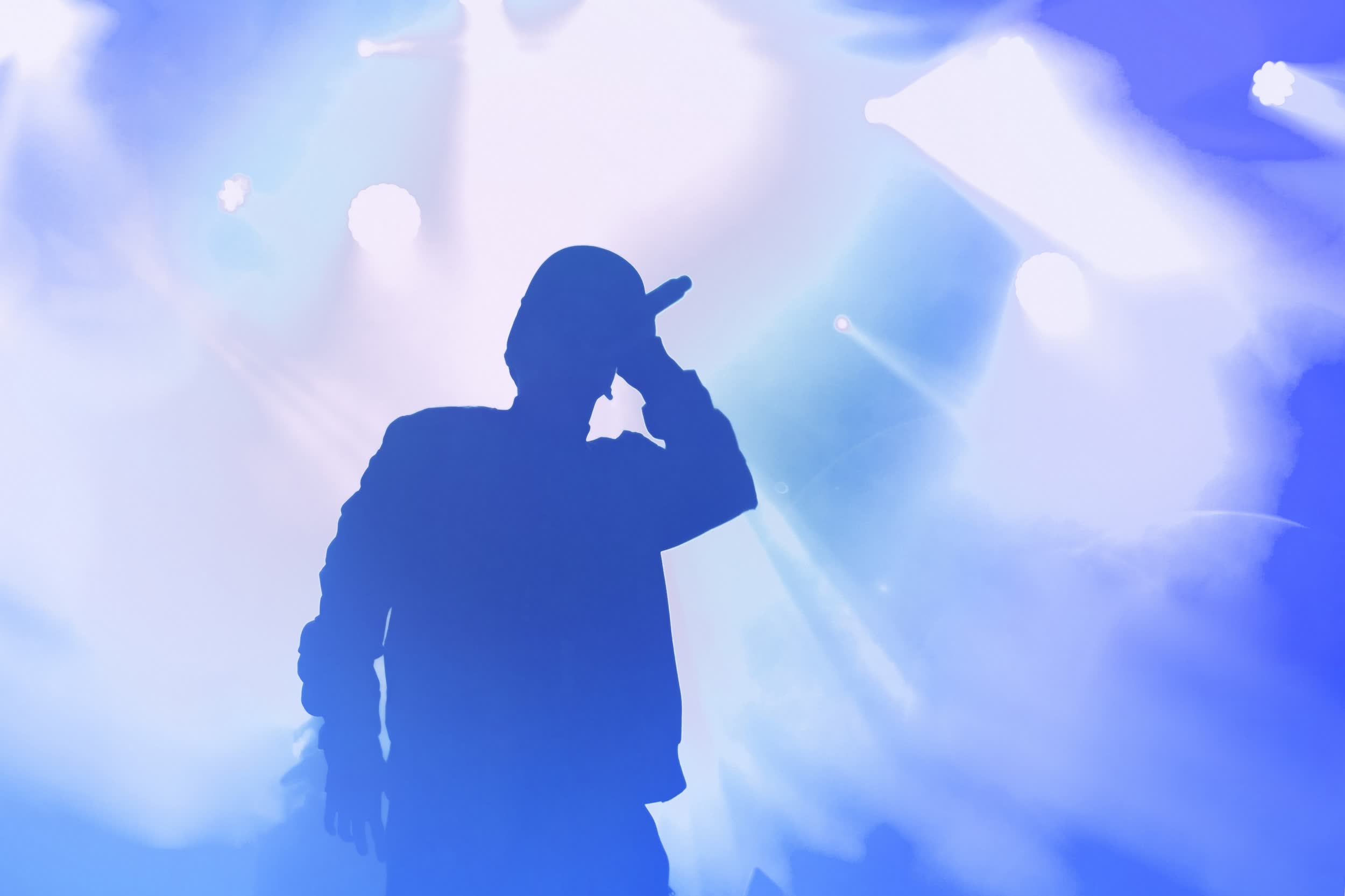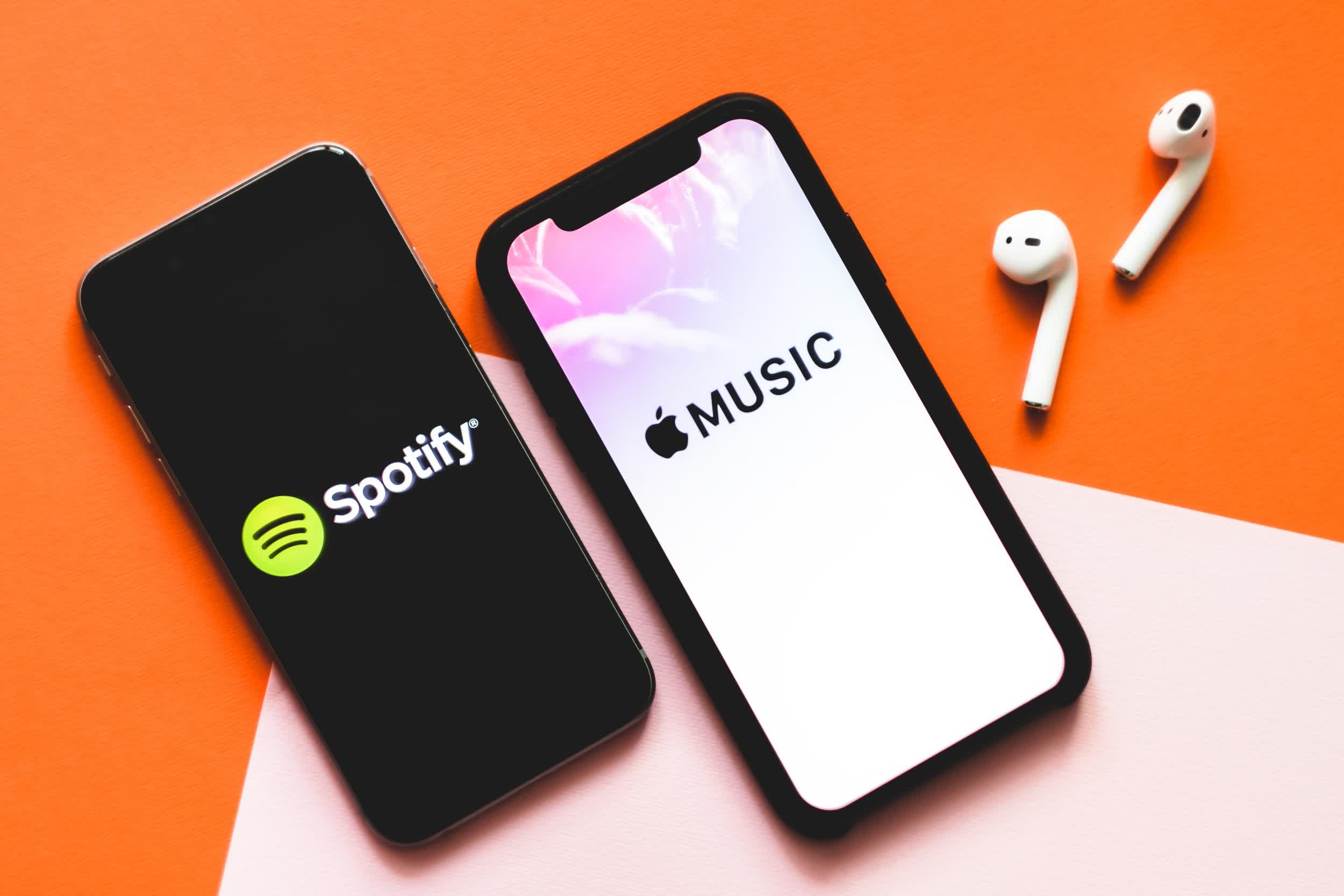Bottom line: Apple in a letter to artists, record labels and publishers said it pays a penny per song streamed on its platform. That may not sound like much, but in an apples to oranges comparison, it's roughly twice what Spotify pays on a per stream basis.

The document, which was seen by The Wall Street Journal, adds a bit of transparency to an industry that has traditionally been rather secretive with regard to how finances are managed.
With the move, Apple is also firing back at rival Spotify. According to The Journal, Apple’s penny per stream is roughly double what Spotify pays rights holders per stream.
Spotify doesn’t dispute the fact that at face value, it appears as if they pay less per stream than the competition. Instead, the company argues on its recently launched Loud & Clear portal that the average subscriber on Spotify listens to more music per month than on other services. “That means more listeners discovering more artists, more opportunities to deepen engagement with listeners, and more chances to convert them into fans who buy tickets and merch,” Spotify notes.

The company also notes that it operates in more countries where prices for its service are lower. “Meeting listeners at an affordable price for them is the way to generate revenue from these markets that wouldn’t have been captured otherwise.”
Last but not least, Spotify is different from most of its competitors in that it offers a free ad-supported tier.
“While the ad-supported service doesn’t generate as much revenue as the Premium service per user, we’ve conducted extensive testing that consistently shows that when we take the free service away, those listeners turn to non-revenue-generating alternatives, meaning the collective music industry is missing out on revenue,” Spotify said.
Collectively, it all impacts the revenue-to-streams ratio.
It’s also worth clarifying that both Apple and Spotify pay rights holders, which can include record labels, publishers and distributors. These entities, in turn, are the ones that pay artists based on their various recording, publishing and distribution agreements.
Images courtesy hurricanehank, nikkimeel
https://www.techspot.com/news/89344-apple-music-pays-rights-holders-penny-song-streamed.html